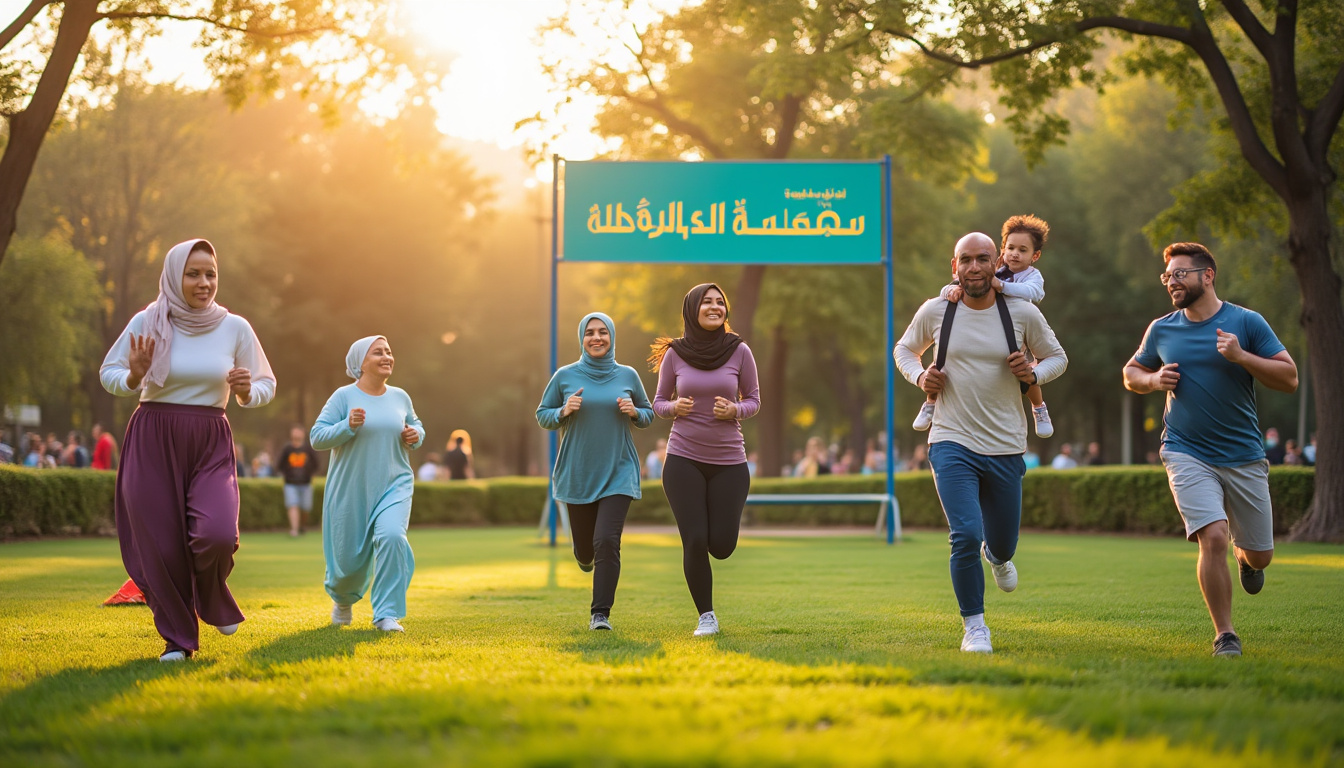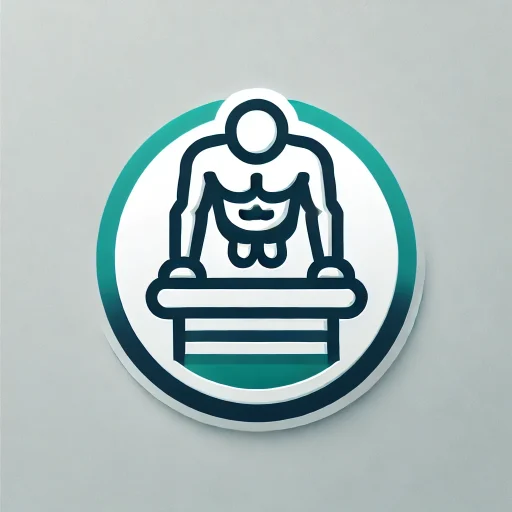Ramadan is a period of spiritual reflection, sharing, and strengthening community ties. However, it can also be a challenge for those looking to maintain their health and fitness. Fasting for long hours without food or water requires special attention, both in terms of hydration and nutrition. To help you meet this challenge, discover effective strategies and advice from professionals, including recognized athletes. It is not only possible but also enriching to balance fasting and well-being.
Hydration and Nutrition: The Keys to Healthy Monitoring
Hydration is crucial during Ramadan, as it helps prevent fatigue and dehydration. Establishing a good balance between your meals is also fundamental.
Importance of Hydration
Between Iftar, the meal that breaks the fast, and Suhoor, the pre-dawn meal, it is essential to stay well-hydrated. Aim for at least 8 glasses of water to compensate for losses. Incorporating drinks like Yogi Tea or coconut water can also help replenish your electrolytes.
Balanced Meals
When preparing meals, it is important to ensure they are balanced. This means including proteins, complex carbohydrates, and seasonal fruits and vegetables. Opt for products like Fruit d’Or or Heudebert for healthy options that will energize you throughout the day. This promotes proper digestion and a stable energy level, thereby reducing the temptation to snack on sugary treats during Iftar.
Meal Planning
Planning is key. Provide yourself with a shopping list that includes all the necessary nutrients. Here are some suggestions to get started:
- Dates for a quick energy source
- Proteins: chicken, fish, legumes
- Complex carbohydrates: brown rice, quinoa
- Seasonal fruits and vegetables for vitamins
- Drinks for hydration, such as natural juices or herbal teas
Maintaining Physical Activity: How to Stay Active
Staying active during Ramadan is possible by incorporating suitable exercise sessions. Even with a fasting schedule, it is crucial to maintain a rhythm of physical activity.
Moderate Exercises
Adapting your exercise routine is essential. Activities like walking can be beneficial. Taking a daily 30-minute walk helps avoid the sedentary lifestyle that might settle in. It not only keeps you fit but also improves your blood circulation.
Listen to Your Body
When exercising during Ramadan, listening to your body is paramount. You may feel the need to take breaks, especially if you feel tired. Here are some suggestions for better targeting your workout:
- Choose short but effective workout sessions
- Consider meal timings to plan your exercises
- Consider yoga or meditation sessions instead of intense workouts
Sport Club and Community
Joining a gym or a local club can also encourage your commitment. Participating in group sessions offers community support while motivating you further. Additionally, exchanges with other participants can be enriching and stimulating. Do not underestimate the importance of a motivating and dynamic environment.

Nutrition: What to Avoid
Even though Ramadan is a time of celebration and reunion, one must watch what they consume. Limiting certain foods can help maintain good health throughout the sacred month.
Reducing Sugars and Fats
Avoid giving in to the temptation of sweets during Iftar. Although sweets are often present on tables, moderating their consumption helps maintain a steady energy level. Dividing your plate can also help you better visualize your portions. Try to avoid foods high in added sugars. Prefer healthy snacks like nuts or fresh fruits. Use brands like Nutribén for nutritious alternatives.
Plan Healthy Meals
Preparing healthy and nutritious meals before fasting is crucial. By planning your recipes, you provide your body with all the vitamins and minerals it needs. Incorporating quality products like Bio c’ Bon ensures the freshness and quality of your food. Here’s a practical list for planning:
- Use healthy oils for cooking, such as olive oil
- Favor steaming or baking methods rather than frying
- Turn to natural seasonings to enhance your dishes
Healthy Snacks
Opting for nutritious snacks between meals can also facilitate digestion and satiety. Dried fruits, nuts, or even smoothies made with Monin can be a good choice.
Balance Between Spiritual Well-Being and Energy Boost
Ramadan is not just a period of fasting; it is also an opportunity to reconnect with oneself and enhance mental health. Finding a balance between spiritual well-being and energy maintenance is essential.
Spiritual Activities and Rituals
Participating in religious activities like prayers or spiritual readings contributes to your mental well-being. These quiet moments allow for centering and stress elimination. Meditation and yoga also provide an excellent way to ground oneself, thus fostering better stress management.
Time for Reading and Reflection
Taking advantage of this sacred month to read spiritual or religious works fosters a better understanding of oneself and a deep connection with one’s values. Combine this with relaxing breaks, such as calming herbal teas with Yogi Tea, for a serene experience.
Take Care of My Body
Finally, take the time to listen to yourself. If you feel tired, do not hesitate to adjust your schedule. Balancing your needs with those of your body is crucial to getting the most out of Ramadan, both spiritually and physically. Adjust your expectations and know that every little effort counts and contributes to overall well-being.
My name is Lucas, and I am a fitness coach specializing in sports and well-being. Passionate about fitness and health, I am here to guide you on your journey toward better physical shape and a healthier life. Together, we will reach your goals and help you exceed your limits!


